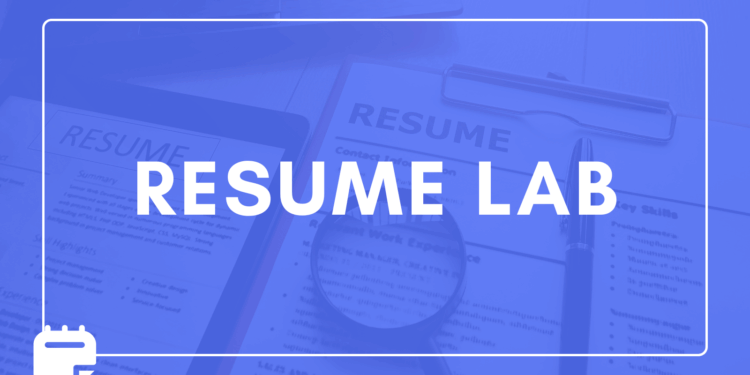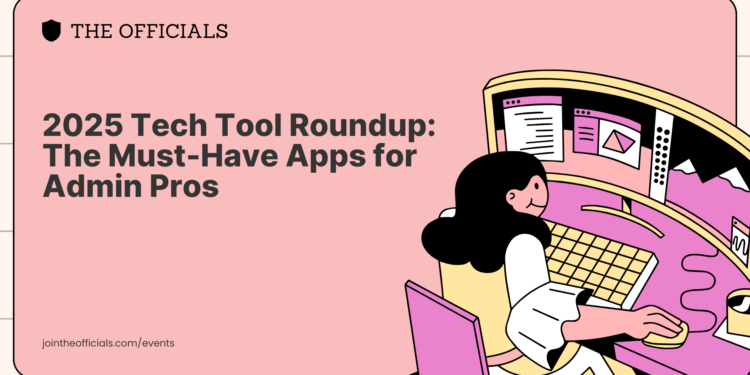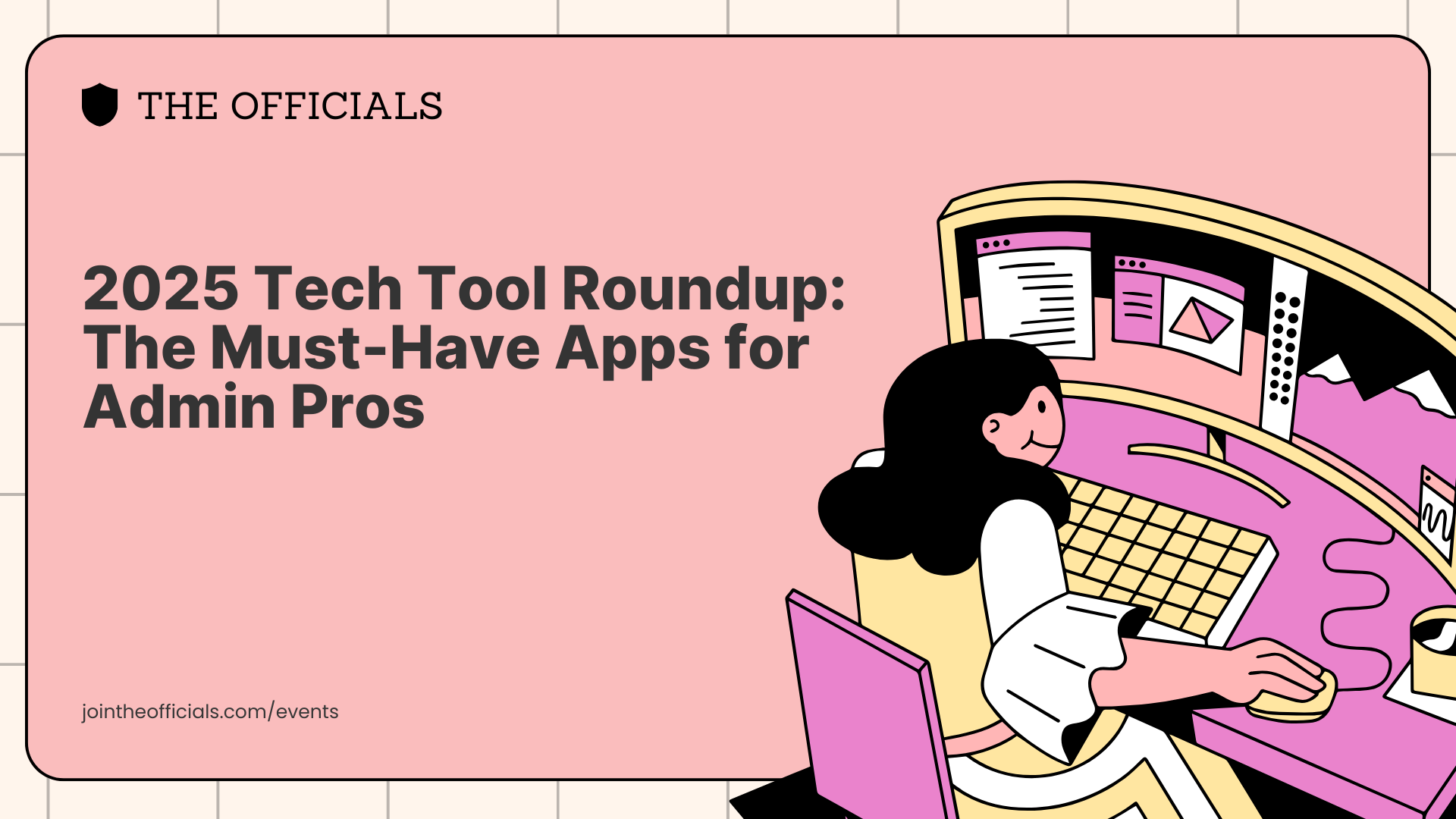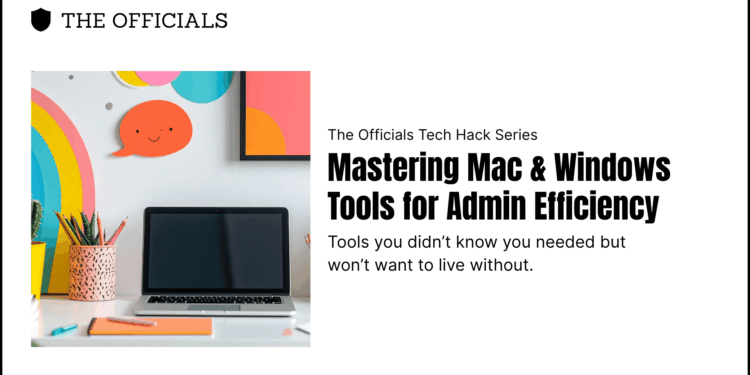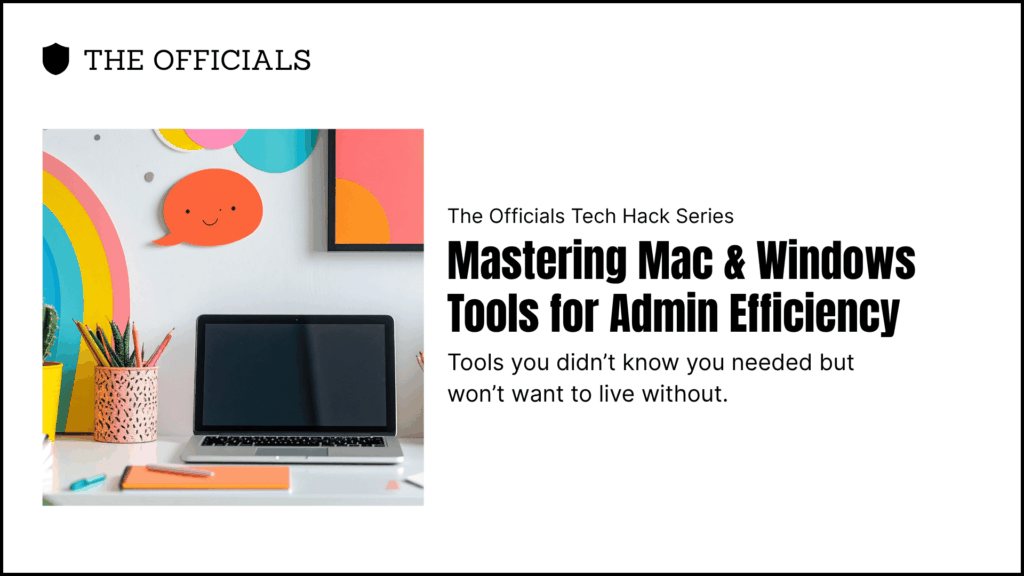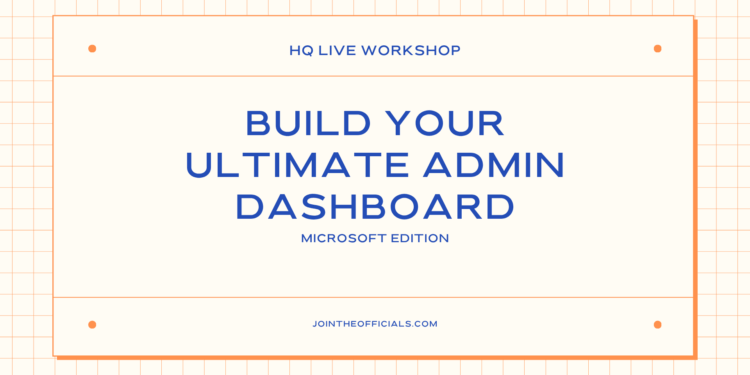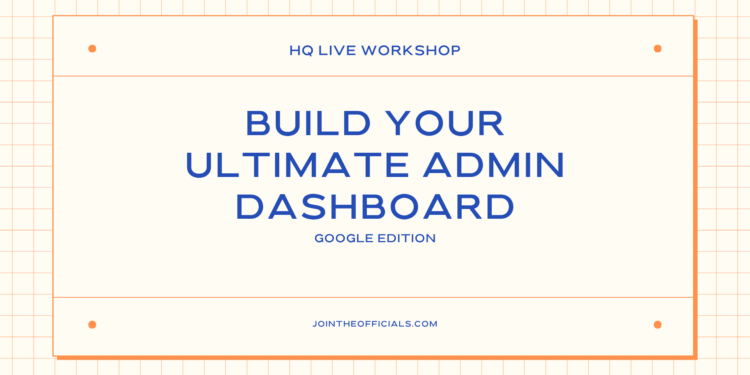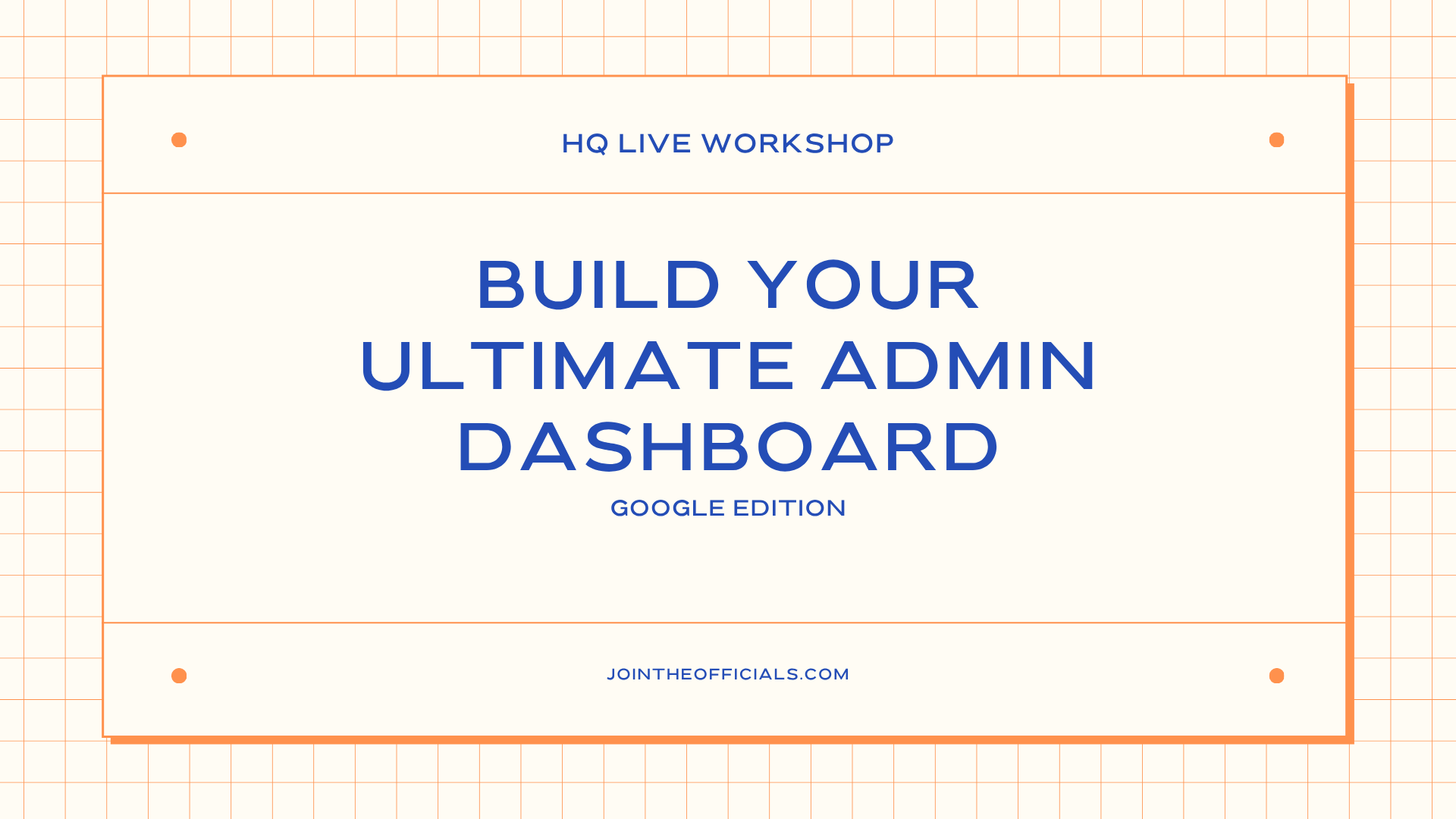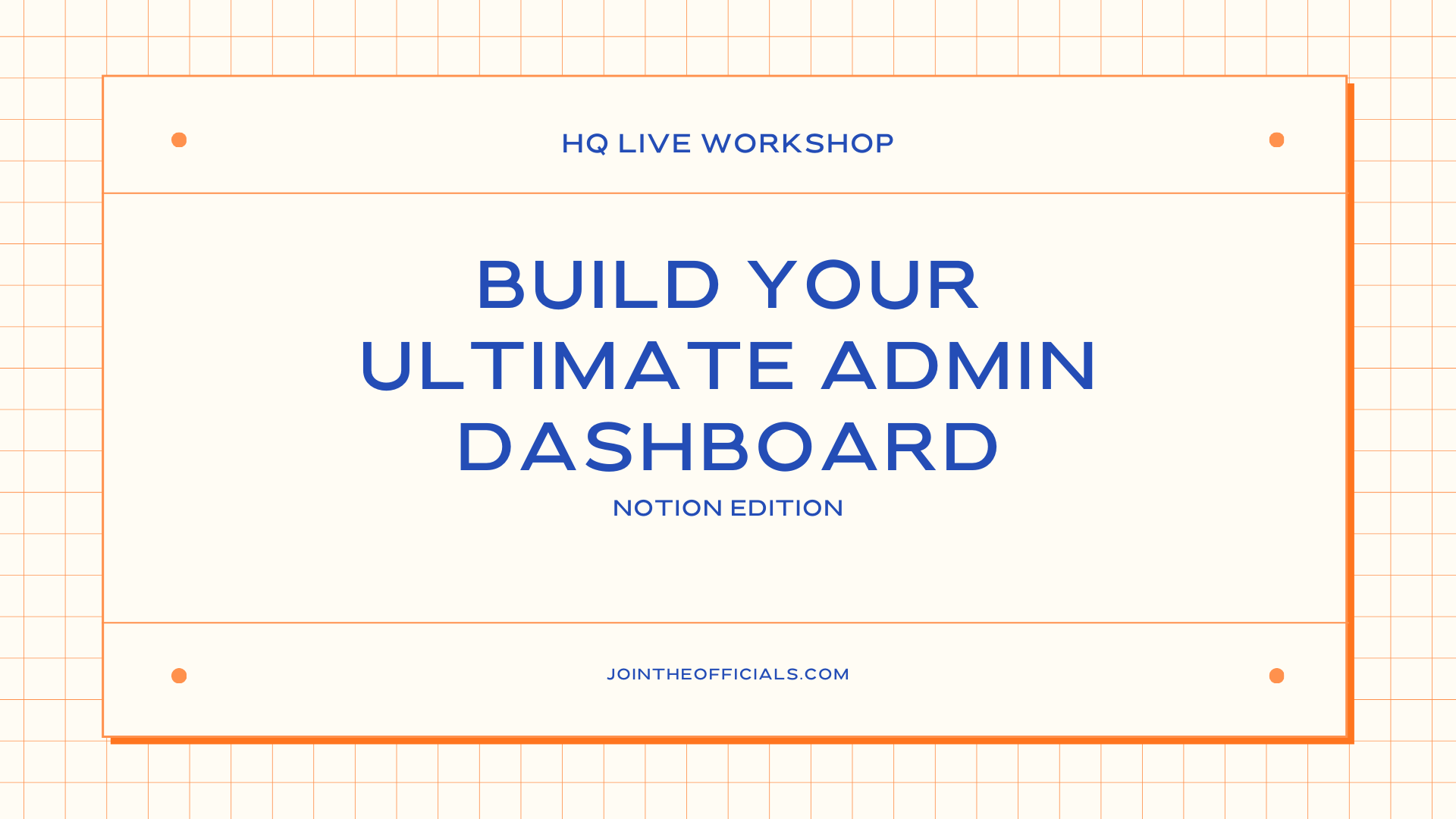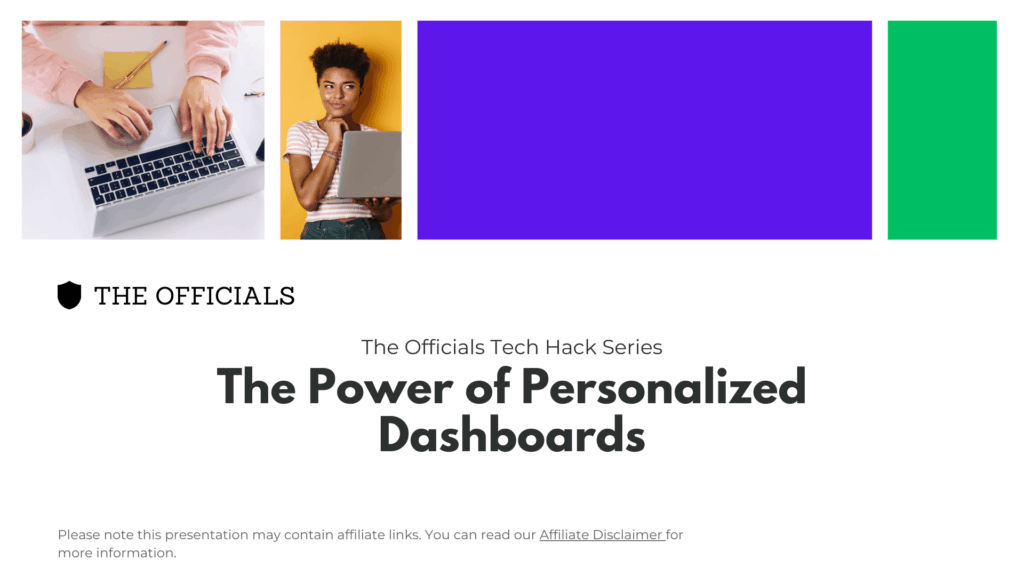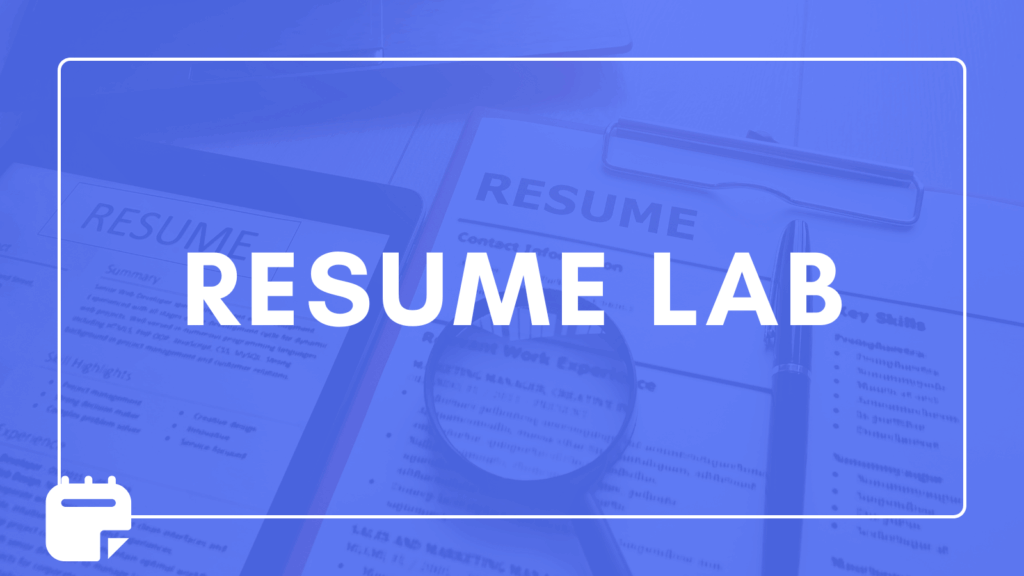
February 19 @ 7:00 PM – 8:00 PM GMT
Assistants are brilliant at delivering value, but are rarely taught how to name it.
That is why we are launching The Officials Resume Lab, a monthly workshop HQ Premium Members, to help you put language and structure around the value you already bring.
This monthly one hour working session is where you can come to work on your resume, with Lauren there to answer questions and support you in real time.
Lauren advice follows her proven Treat Your Career as a Startup approach to define your services and communicate your value, so your resume reads like the strategic operator you are. Plus, there is real energy in working alongside other members on the same mission, it makes the process feel lighter and less lonely.
What to expect
• A focused one hour co-working style session once a month
• You work on your resume in real time while Lauren is on hand for questions, guidance, and quick feedback
• Support on structure, wording, impact, positioning, and how to align your resume with your target roles
• LinkedIn included, because your profile needs to match the story your resume tells
What you walk away with
• A stronger resume draft with clearer positioning and sharper language
• A clearer understanding of your services and value using the Treat Your Career as a Startup lens
• More confidence in what to keep, what to cut, and what to highlight
• Answers to your LinkedIn questions that helps you show up in search, get found by the right people, and stay consistent with the story your resume is telling
Who it is for
Perfect for Executive Assistants and Administrative Professionals who:
• are actively job searching
• who want to be ready for opportunities before they appear
• who feel stuck translating their work into outcomes, impact, and credibility
FAQs
What should I bring?
Your current resume, the job descriptions you are aiming for, and your LinkedIn profile pulled up. You may wish to come with an anonymized version of your resume if your question(s) require sharing your resume on screen.
Is this a training session?
Think of it more as Office Hours where you will be editing and improving your resume during the hour, with support available as you go.
Will I get 1 to 1 feedback?
Lauren will support members live throughout the session. Depending on attendance, support may be quick questions, live edits, or targeted guidance. Remember, this is a 60-minute session and coming prepared is the best way to get the advice you need.
Can I come if I am not actively job searching?
Yes. We fully believe that every Official should be on a passive job hunt. It is one of the best ways to stay ready and reduce panic if your situation or needs changes.
Will there be a recording?
The session will be recorded to help us for research, improvement, and future content ideas to help our members. Requests for the replay are welcome by those who attend the session.
💻 Save Your Spot
Join us in The Officials Resume Lab each month and get your resume into interview winning shape.
How to Join:
This is a Premium HQ member only event. We’d love you to make it Official and join us today. New to HQ? We’ll even give you a 14 day free trial to check us out.

HQ Members
This event is open to our Premium HQ Members.
Visit the community to register for this event on the Events page.

🎉 Ready to join?
We’d love for you to join us today! Sign up with a 14 day free trial!
Inside you’ll find:
🖤 Helpful Templates
🖤 Exclusive events including HQ Lives, Empower Hours, and Coworking Sessions
🖤 Professional development courses

